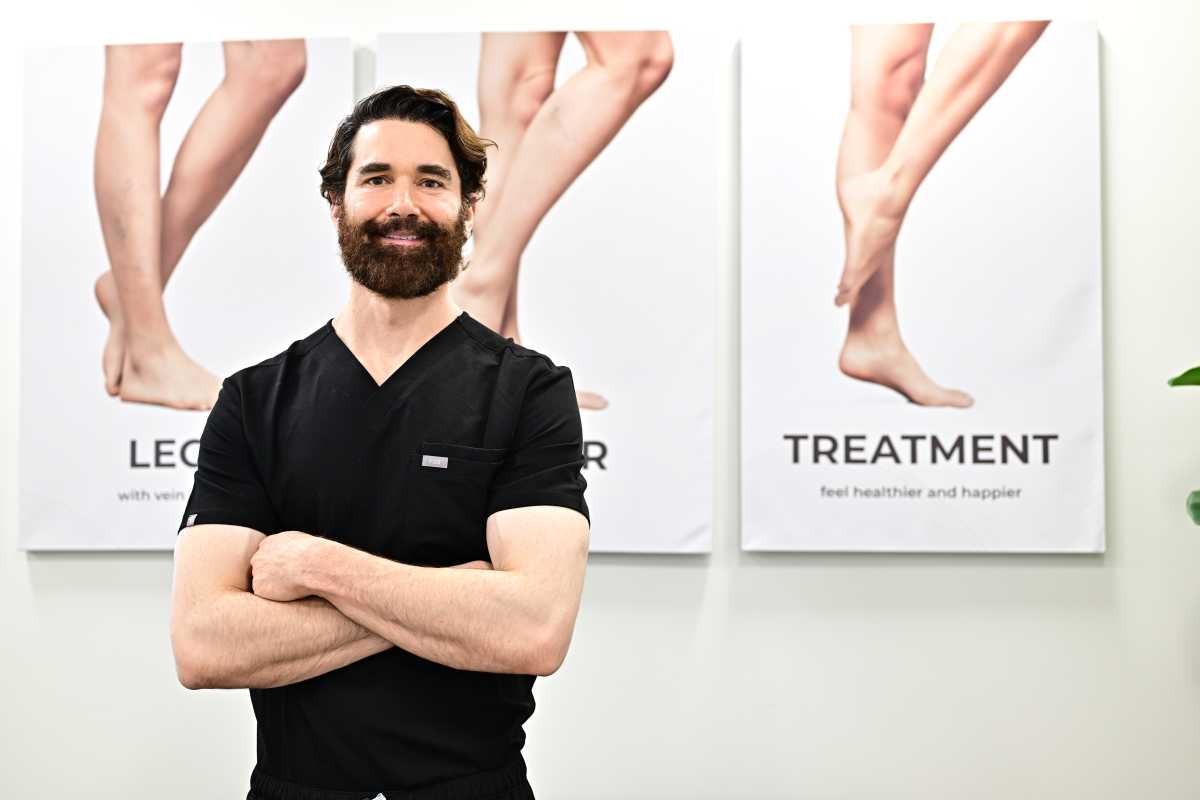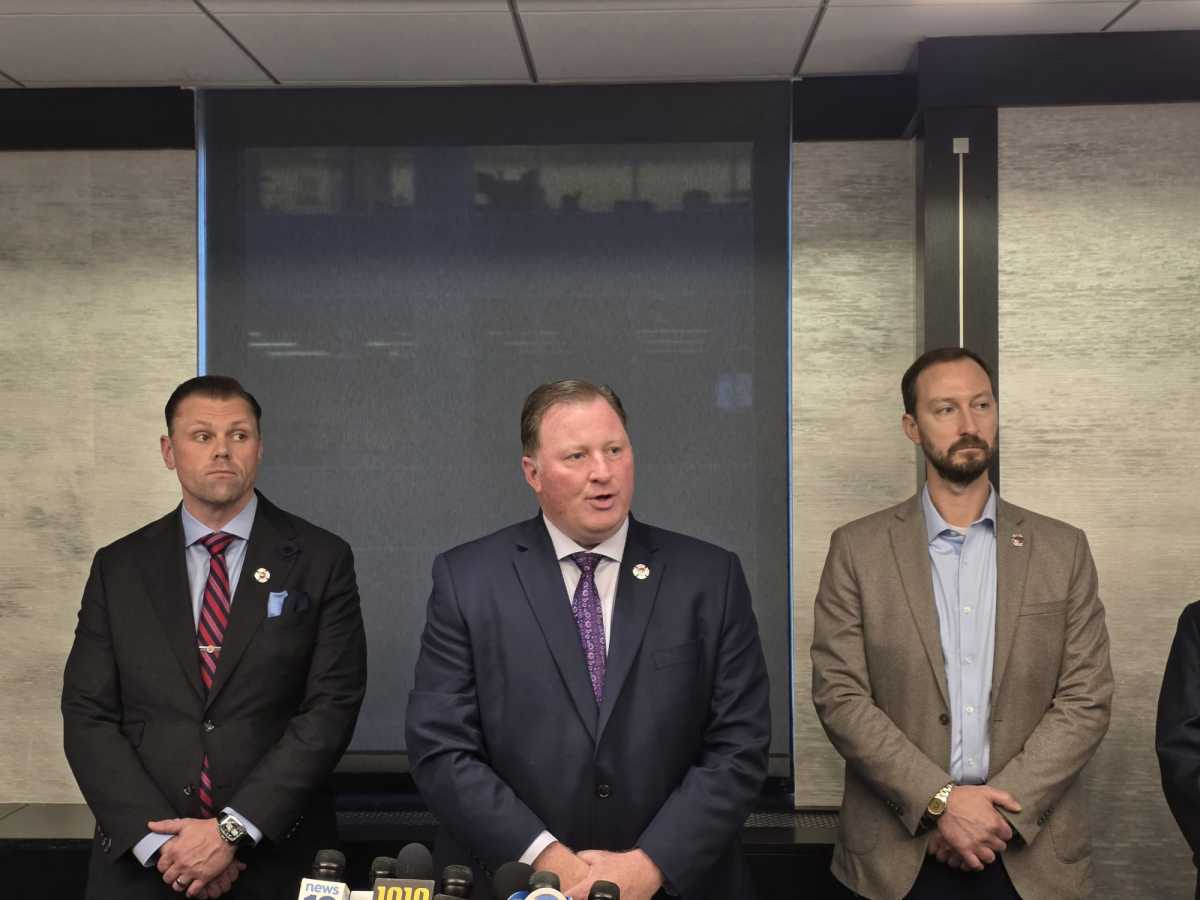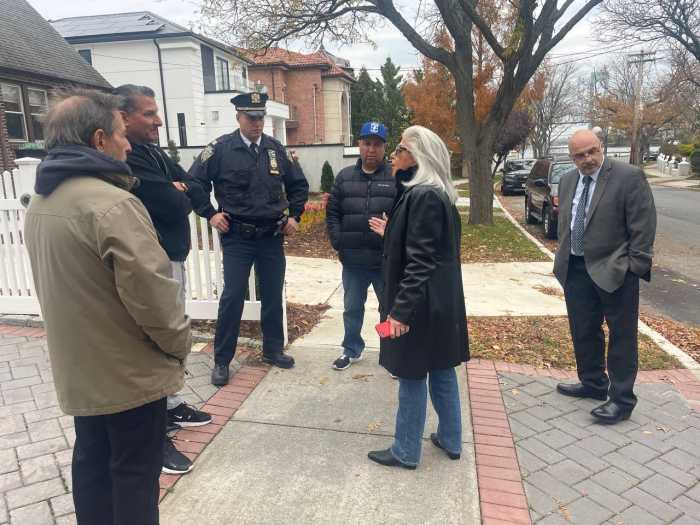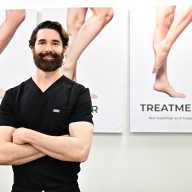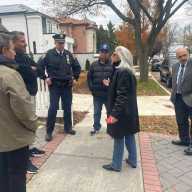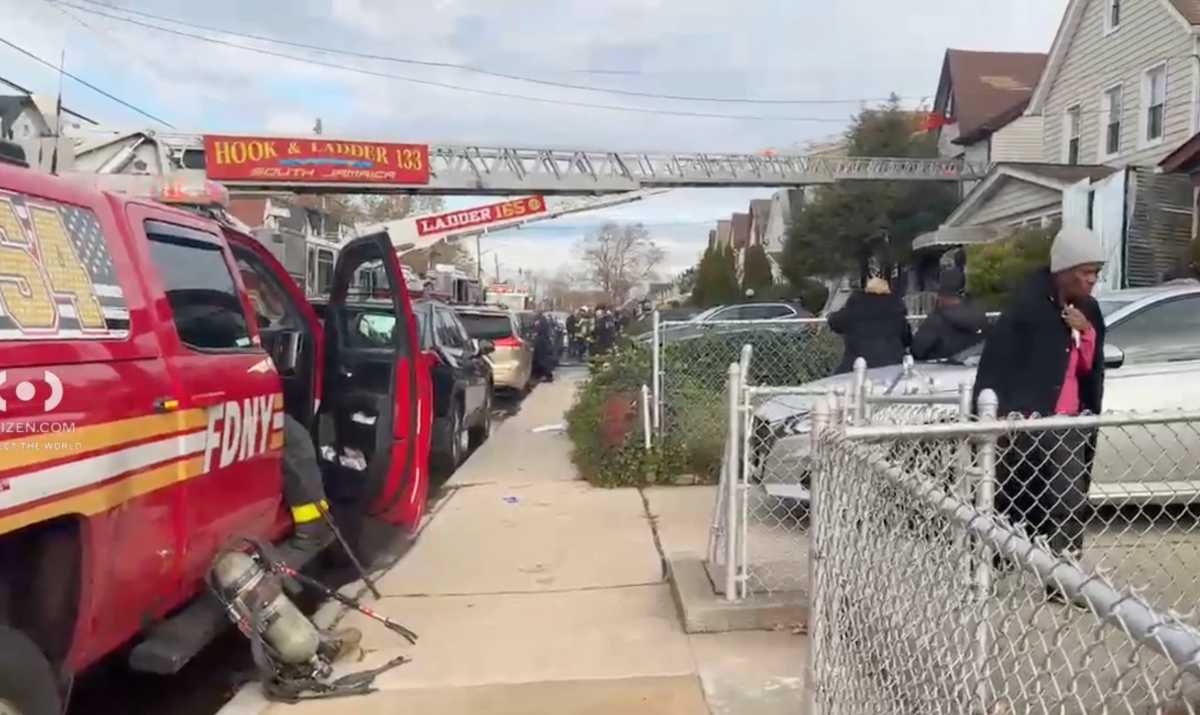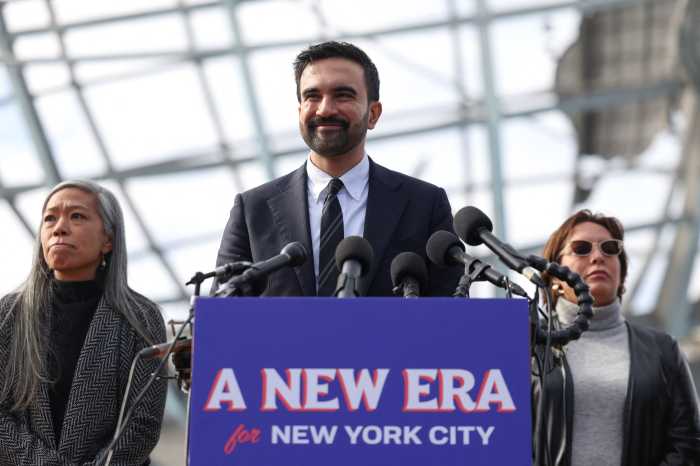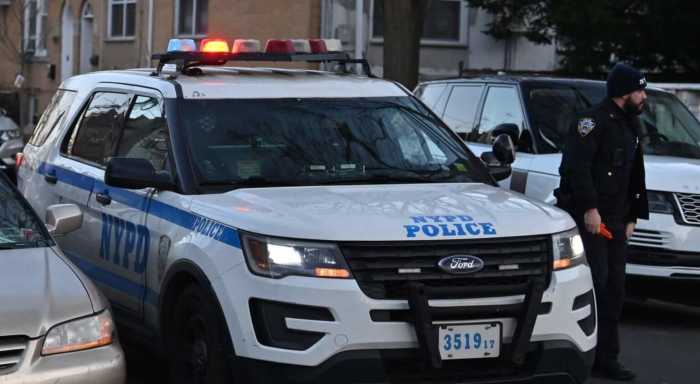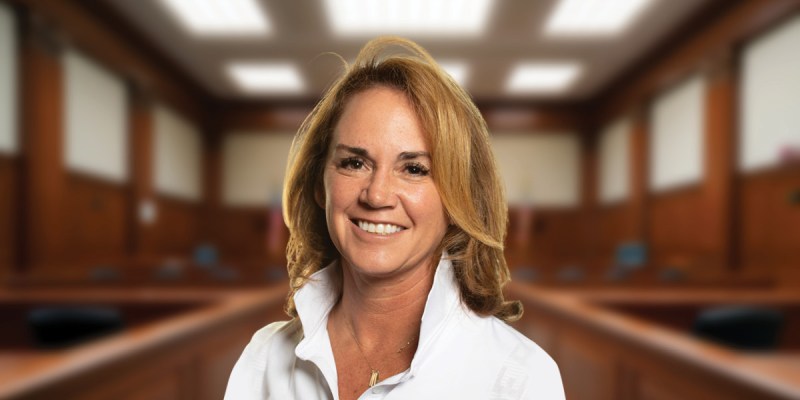A new medical treatment center specializing in vein treatments and pain management, including chronic venous disease (CVI) and varicose veins, has just opened in Astoria at the beginning of November.
Vein Treatment Clinic, located at 23-25 31st St., Suite 410, has expanded to a western Queens office, run by Dr. Shaun Cole, a board-certified internist and vein specialist with an extensive background in internal and emergency medicine. After seeing patients dealing with CVI and its symptoms and sharing their experiences of living with symptoms for years in some cases, he felt inspired to diagnose and treat patients who dealt with the same issues by leading his own medical office and providing accurate, detailed care.
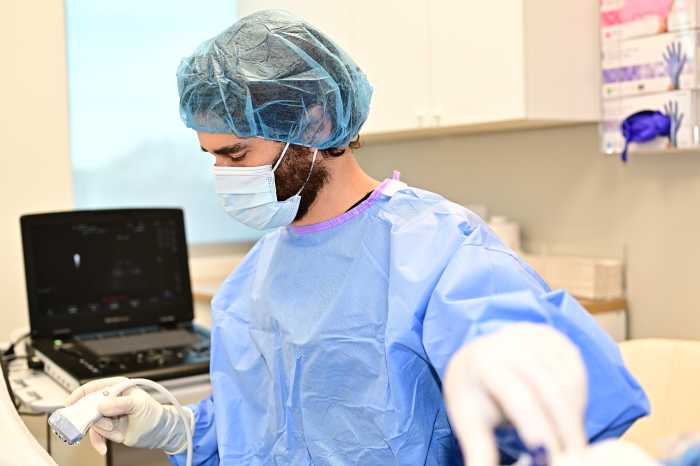
“I was primarily doing emergency medicine and hospitalist medicine, focused on procedures, and I’ve had patients in the past with chronic venous insufficiency,” said Cole. “A lot of times they would go years without being properly diagnosed, and years ago I had a vein issue in one of my legs, so I visited an interventional clinic to get it evaluated and treated. That really got me interested because there’s a whole world of options that we weren’t necessarily instructed on in a truly informative way back in medical school or residency.”
Chronic Venous Disease is a common and often misunderstood condition in which the veins in the legs don’t circulate blood efficiently, causing symptoms such as heaviness, swelling, aching, and visible varicose veins. Often, patients can experience these symptoms for years unless they are properly diagnosed and treated. While the condition can be genetic, it is often caused by a sedentary lifestyle, especially for those who spend long hours sitting down at work. However, it can also be a result of aging. The Vein Treatment Clinic specializes in assessing and treating vein conditions, often using non-invasive treatments that enable patients to return to their normal daily activities with minimal downtime.
“People deserve thorough, unrushed care, especially in fields where symptoms can easily be dismissed,” said Cole. “I try to give patients the clarity and reassurance that I would want my own family to have.”
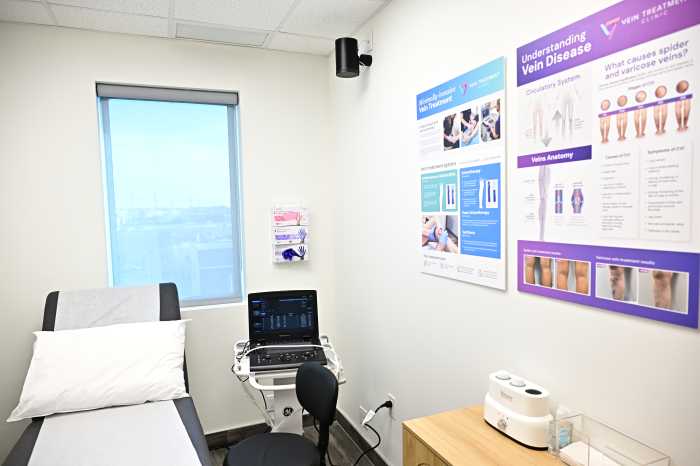
Cole specializes in the diagnosis and treatment of venous diseases using modern, safe and non-surgical techniques. His main areas of expertise include: venous medicine, including comprehensive care for varicose veins, spider veins and chronic venous disease. Minimally invasive treatments involve advanced procedures, such as endovenous ablation, sclerotherapy and foam therapy, which are all performed in-office with minimal recovery time. He and his team also utilize ultrasound diagnostics to assess venous flow and design personalized treatment plans.
“For me, what’s really meaningful is helping patients who have lived with symptoms for years finally understand what’s happening and giving them a treatment that genuinely improves their day-to-day life,” said Dr. Cole.
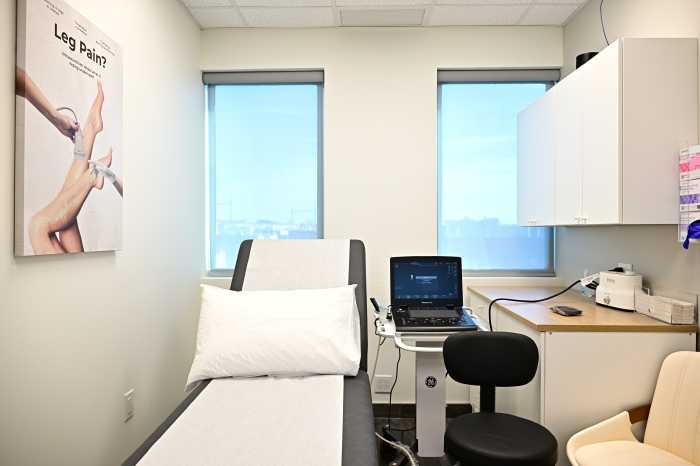
When patients visit Cole’s office for the first time, they can expect an in-person evaluation, which includes questions about what’s bothering them the most, as well as an explanation of some of their symptoms. A thorough examination of the lower half of their body, including their abdomen, back and legs, is next, followed by an ultrasound test and a Venus mapping of their lower extremities. Images are also taken, and after Cole has reviewed everything for a few days, the patient will come back and be given a treatment plan that is best suited for them. If treatments are needed, they’ll be performed during subsequent visits, which can last anywhere from 15 to 25 minutes, including procedures for CVI, varicose veins, and spider veins. The number of visits that treatments will require will vary on a case-by-case basis. Most of these treatments are fully covered by medical insurance, according to Dr. Cole’s experience, and even if something isn’t, their billing team will review everything ahead of time so that there are no surprise bills after treatment is complete.
“CVI isn’t just cosmetic, it’s a real medical condition that can affect mobility and long-term leg health, so early diagnosis makes a big difference,” said Dr. Cole. “This field has completely transformed. We now treat CVI through tiny access points instead of big surgeries. Most patients are surprised by how easy the experience is.”
To learn more about VIP Treatment Clinic or book an appointment, visit their website to contact their office.

